Shape shifters
Breaking down the learning of new concepts into small steps may help people with autism retain new skills.
Autism’s core symptoms accompany a constellation of subtle signs that scientists are just beginning to unmask.
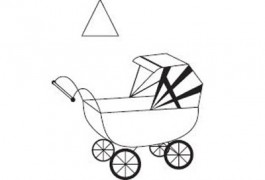
Breaking down the learning of new concepts into small steps may help people with autism retain new skills.

Deletions or duplications of the UBE3A gene lead to both Angelman syndrome and some cases of autism, respectively. Studying the effects of altered gene dosage in this region will provide insights into brain defects and suggest targets for therapies for both disorders, says expert Benjamin Philpot.
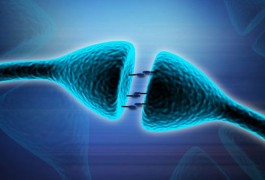
Some autism-associated mutations activate a stress response that could lead to symptoms of the disorder, according to a study published 3 June in Cell Death and Disease.
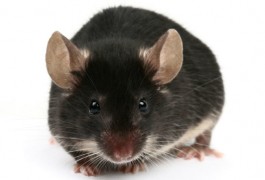
Blocking a chemical messenger — a much-touted approach to treating fragile X syndrome — is unlikely to completely reverse symptoms of the disorder, according to a provocative new study. The results, published in May in Behavioural Brain Research, show only modest behavioral improvements with the approach.
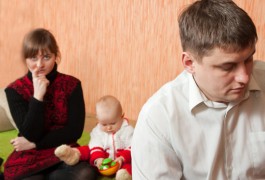
Mothers of children with autism are rated by their husbands as rigid and inflexible whereas fathers are viewed by their wives as aloof. Perhaps these qualities are reinforced by the challenges of raising a child with the disorder?

Individuals with autism do not have so-called ‘eagle-eyed’ vision as reported by some studies, according to research published 10 June in the Journal of Autism and Developmental Disorders.

A new study of twins proposes the controversial claim that environmental influences during early development are just as, if not more, important than genetics. But the findings are not substantially different from those of previous twin studies, however, and some experts are critical of the study’s statistics.
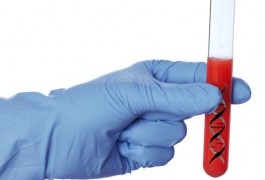
Children who express a subset of genes — including one located in the autism-associated chromosomal region 16p11.2 — at higher or lower levels than normal benefit from treatment with the antipsychotic drug risperidone, according to a study published 7 June in the Pharmacogenomics Journal.

A new study shows that women with high-functioning autism appear better able to camouflage their symptoms, perhaps because they are more self-aware than men with the disorder.
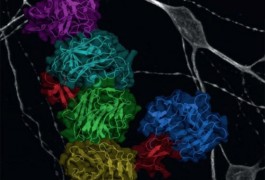
Neurexin 1, an autism-associated protein that functions at the junctions between neurons, has a flexible hinge that can toggle the protein between a more compact or a more accessible shape, a crystal structure published 8 June in Structure reveals.